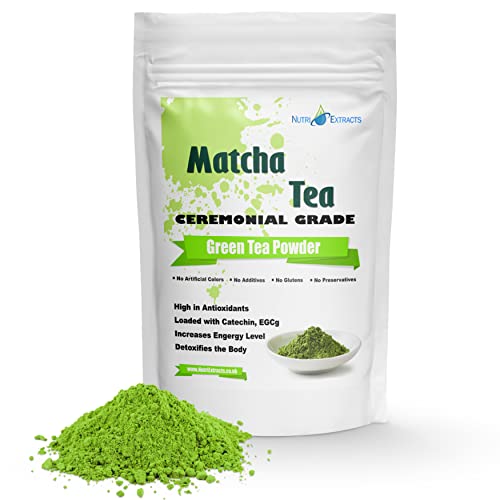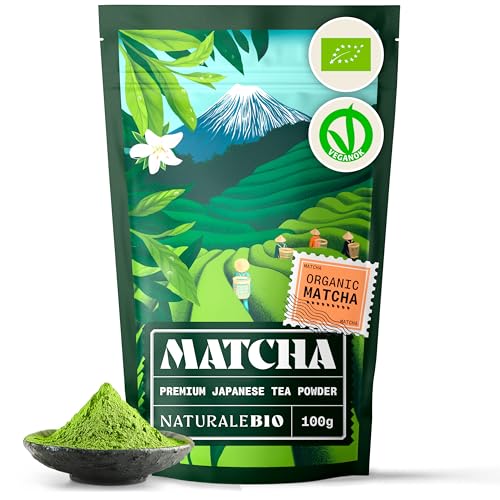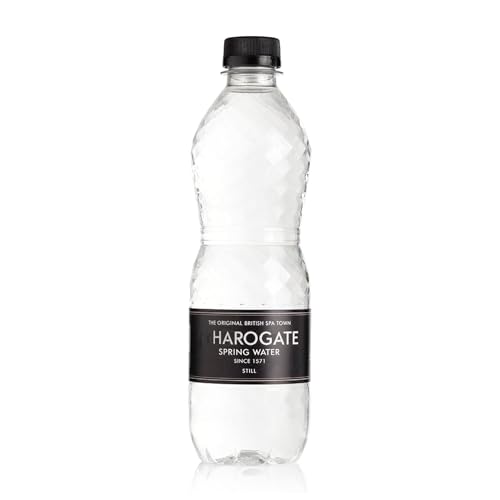Understanding Matcha Tea: What Makes It Special?
The Essence of Matcha
Matcha tea is a finely ground powder made from specially grown green tea leaves. Unlike regular green tea, where leaves are steeped in water, matcha has a unique preparation process. The tea plants are shaded for several weeks before harvest, which boosts their chlorophyll levels and gives the leaves a vibrant green colour. This not only enhances the flavour but also increases the nutrient content, making matcha an exceptional source of antioxidants, vitamins, and minerals.
Culinary Versatility
One of the standout features of matcha is its versatility. Beyond being enjoyed simply as a tea, it can be incorporated into various culinary creations. From lattes to smoothies, and even desserts like cakes and cookies, matcha adds a distinct earthiness and rich colour to any dish. This adaptability makes it appealing both to tea enthusiasts and those looking to experiment in the kitchen.
Choosing the Right Matcha: Types and Grades Explained
Different Types of Matcha
When choosing matcha, it is essential to understand that there are various types tailored for different purposes. Ceremonial grade matcha is the highest quality, often used in traditional tea ceremonies, while culinary grade is more suitable for cooking and baking. If we plan to enjoy matcha in its purest form, going for ceremonial grade is a must. However, for those of us who want to add it to recipes, culinary grade is a cost-effective choice.
Understanding Grades of Matcha
Matcha is generally categorized into three primary grades: ceremonial, premium, and culinary. Ceremonial grade features a vibrant colour and delicate taste, ideal for traditional preparations. Premium matcha is of good quality and can be versatile in both drinking and culinary use. Culinary grade, while lower in quality, is intended for cooking, making it a practical option for those who want to enjoy matcha-based desserts and snacks.
Brewing the Perfect Cup: Step-by-Step Guide
Gathering Your Tools
To brew matcha properly, we need a few essential tools: a bamboo whisk (chasen), a scoop (chashaku), and a bowl (chawan). However, if we don’t own these tools, a regular whisk and a flat bowl can work in a pinch.
Preparing the Matcha
Begin by sifting about 1 to 2 teaspoons of matcha powder into the bowl to avoid any clumps. This step ensures that our drink will be smooth and enjoyable without any graininess.
Whisking for Perfection
Next, we’ll add about 70ml of hot water, ideally heated to around 80°C (not boiling). Using the bamboo whisk, whisk firmly in a ‘W’ motion until we achieve a frothy consistency on top, which indicates proper aeration and mixing.
Serving the Matcha
Once frothy, our matcha is ready to be enjoyed. We can drink it straight from the bowl or pour it into a cup. For added sweetness, honey or sweeteners can be mixed in according to our preferences.
Health Benefits of Matcha: Why You Should Include It in Your Diet
Packed with Antioxidants
Matcha is renowned for its high antioxidant content, particularly catechins, which help combat free radicals and reduce oxidative stress. Regularly consuming matcha can contribute to overall health and well-being.
Boosts Energy and Focus
Due to its unique combination of nutrients, matcha provides a slow-releasing energy boost without the jitters associated with coffee. The presence of L-theanine promotes relaxation while enhancing mental clarity, making it an excellent choice for those needing focused energy throughout the day.
Supports Metabolism and Weight Loss
Studies suggest that matcha may support metabolic rate and promote fat oxidation, making it a helpful addition to those of us looking to manage weight. Including matcha in our routine can be a delicious and beneficial decision for wellness.
Where to Buy Quality Matcha: Our Top Picks
Reputable Brands
When it comes to purchasing matcha, quality is essential. We recommend looking for brands that specify the origin of their matcha and use high-quality tea leaves. Popular brands known for their premium matcha include those specializing in Japanese tea, which often guarantees authenticity.
Local Tea Shops and Online Stores
Our search for quality matcha can begin at local tea shops, which often provide quality products and knowledgeable staff to assist in our selection. Additionally, several online retailers focus exclusively on matcha, offering a wide range of types and grades to suit our needs at home.



















